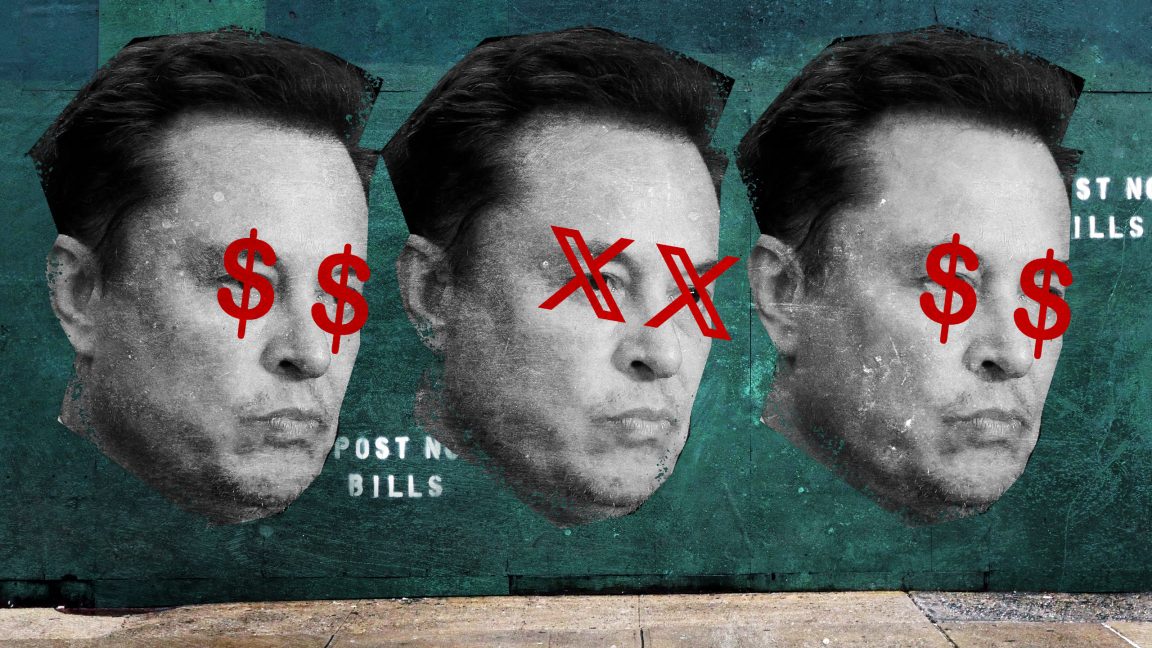Big brands are spending small sums on X to stay out of Musk’s crosshairs

According to data from Emarketer, X’s revenue will increase to $2.3 billion this year compared with $1.9 billion a year ago. However, global sales in 2022, when the group was known as Twitter and taken over by Musk, were $4.1 billion.
Total US ad spend on X was down by 2 percent in the first two months of 2025 compared with a year ago, according to data from market intelligence group Sensor Tower, despite the recent return of groups such as Hulu and Unilever.
American Express also rejoined the platform this year but its ad spend is down by about 80 percent compared with the first quarter of 2022, Sensor Tower said.
However, four large ad agencies—WPP, Omnicom, Interpublic Group, and Publicis—have recently agreed on deals, or are in talks, to set annual spending targets with X in so-called “upfront deals,” where advertisers commit to purchasing slots in advance.
X, WPP, Omnicom, and Publicis declined to comment. Interpublic Group did not respond to a request for comment.
Fears have risen within the advertising industry after X filed a federal antitrust lawsuit last summer against Global Alliance for Responsible Media, a coalition of brands, ad agencies, and some companies including Unilever, accusing them of coordinating an “illegal boycott” under the guise of a brand safety initiative. The Republican-led House of Representatives Committee on the Judiciary has also leveled similar accusations.
Unilever was dropped from X’s lawsuit after it restarted advertising on the social media platform in October.
Following discussions with their legal team, some staff at WPP’s GroupM now feel concerned about what they put in writing about X or communicate over video conferencing given the lawsuit, according to one person familiar with the matter.
Another advertising executive noted that the planned $13 billion merger between Omnicom and Interpublic had been delayed by a further request for information from a US watchdog this month, holding the threat of regulatory intervention over the deal.
Source link







